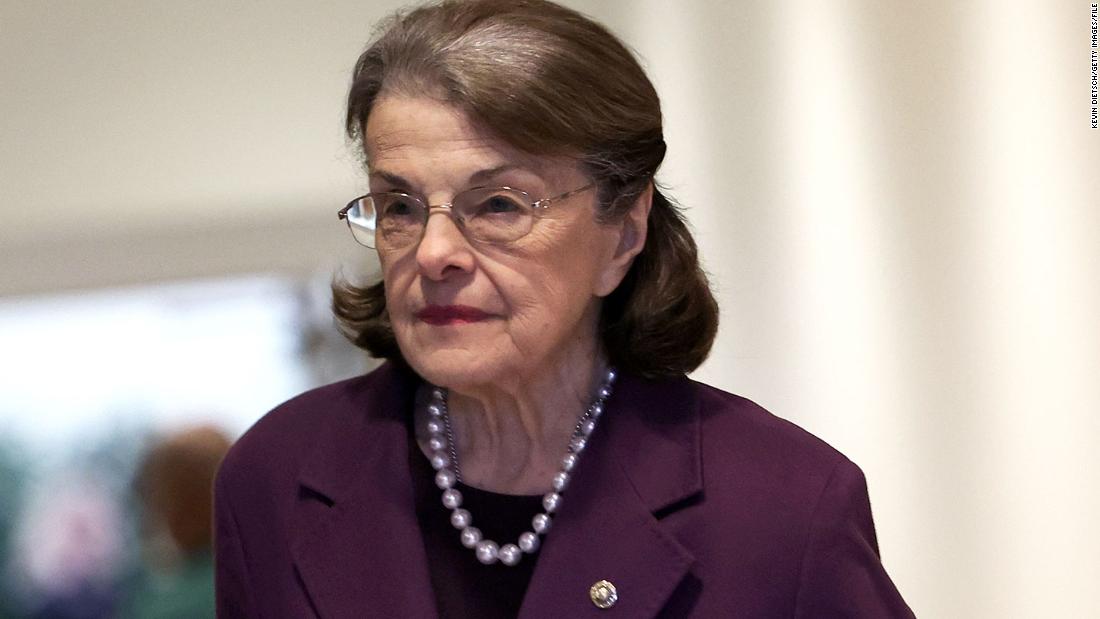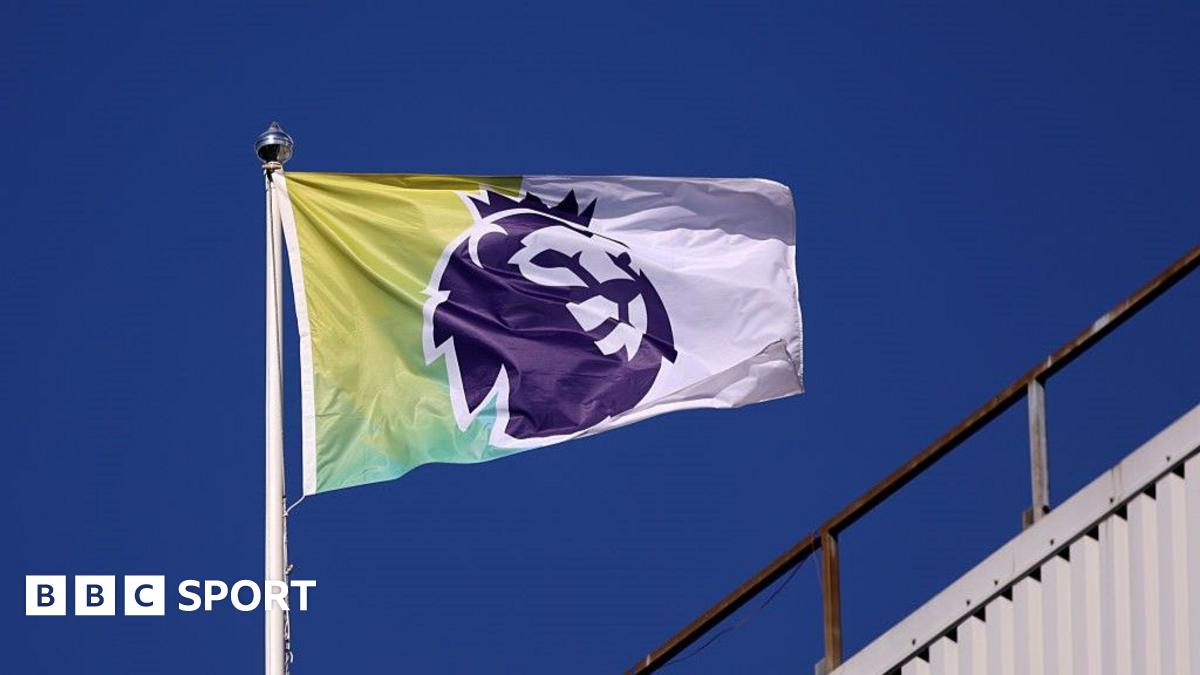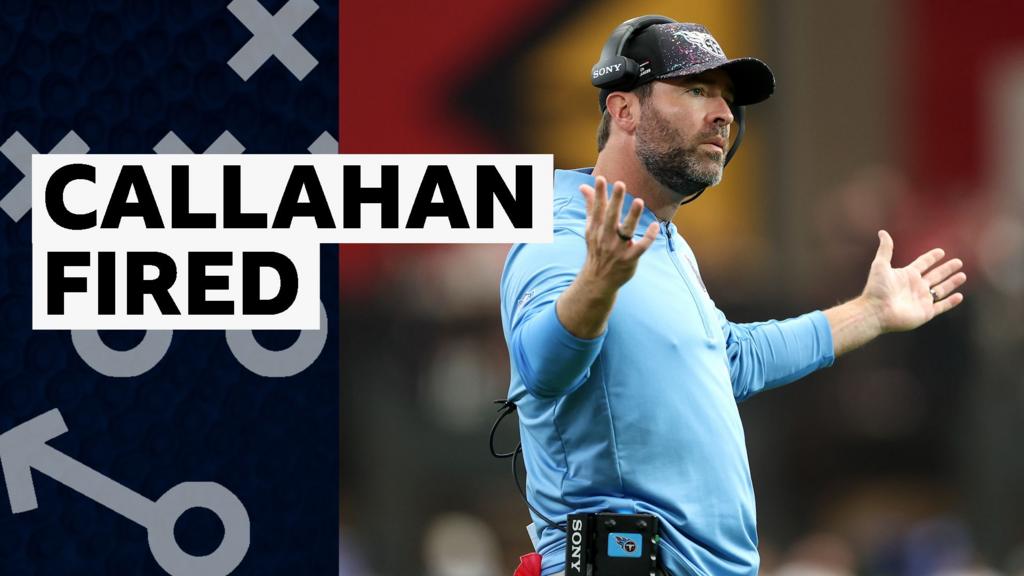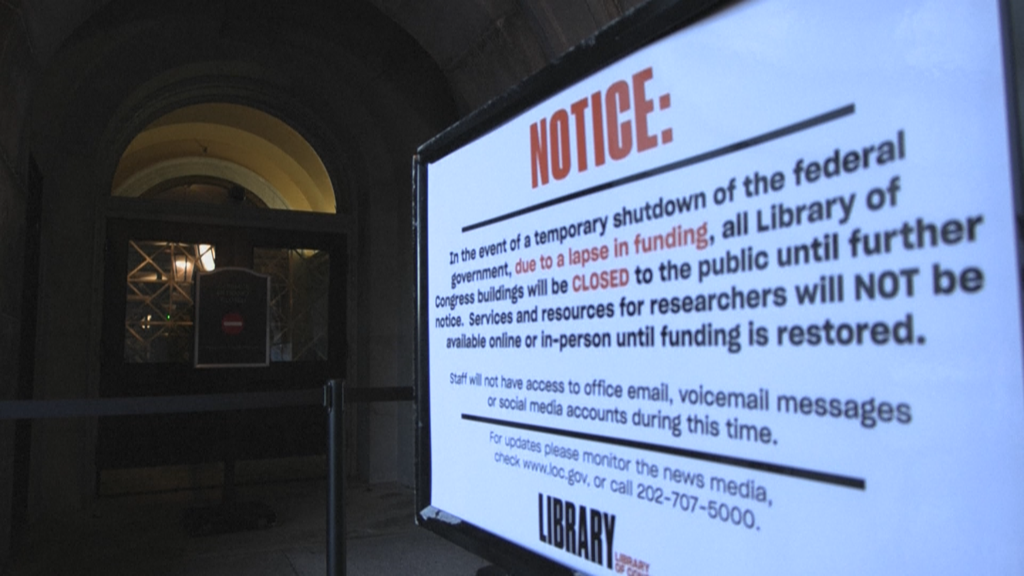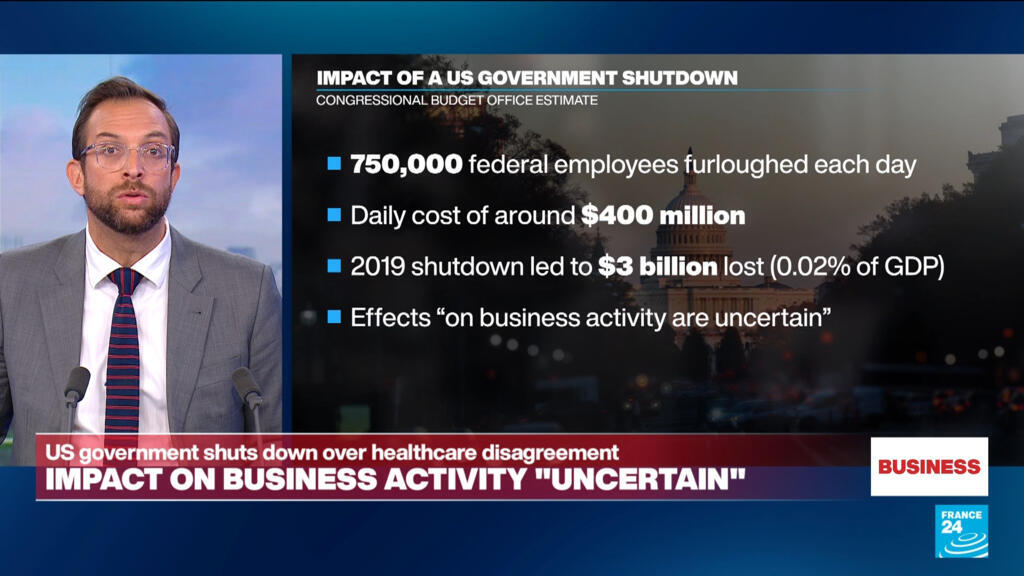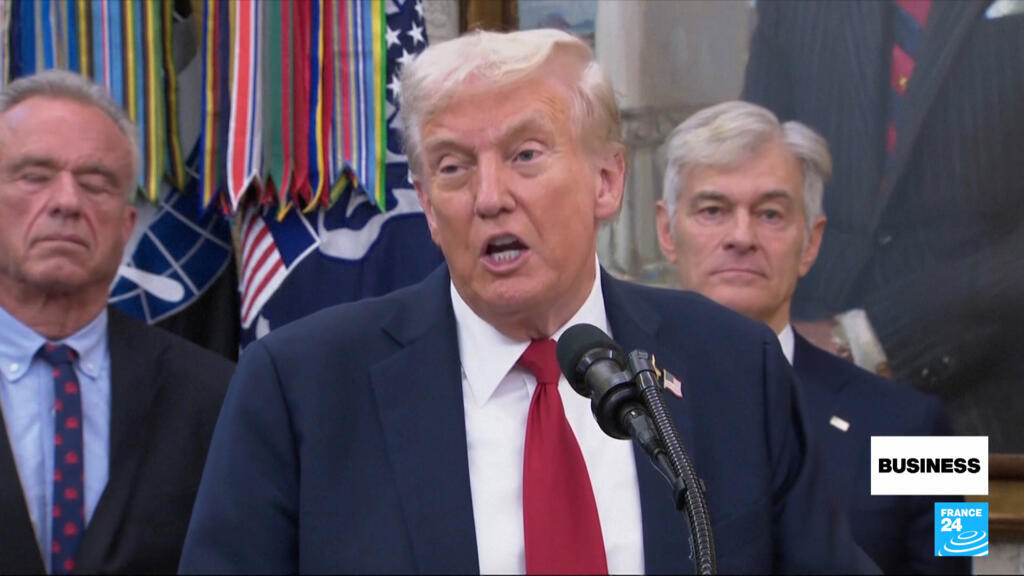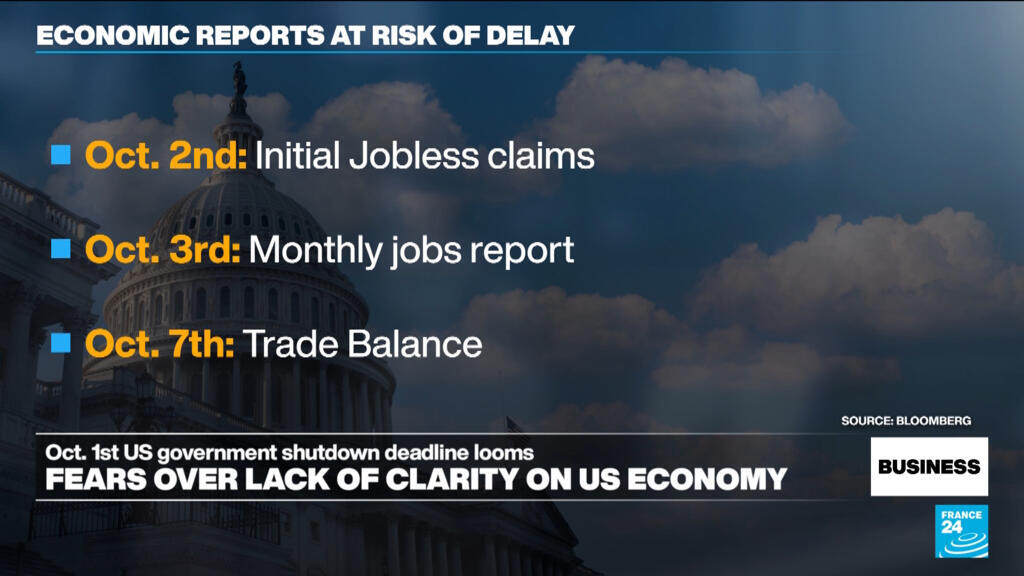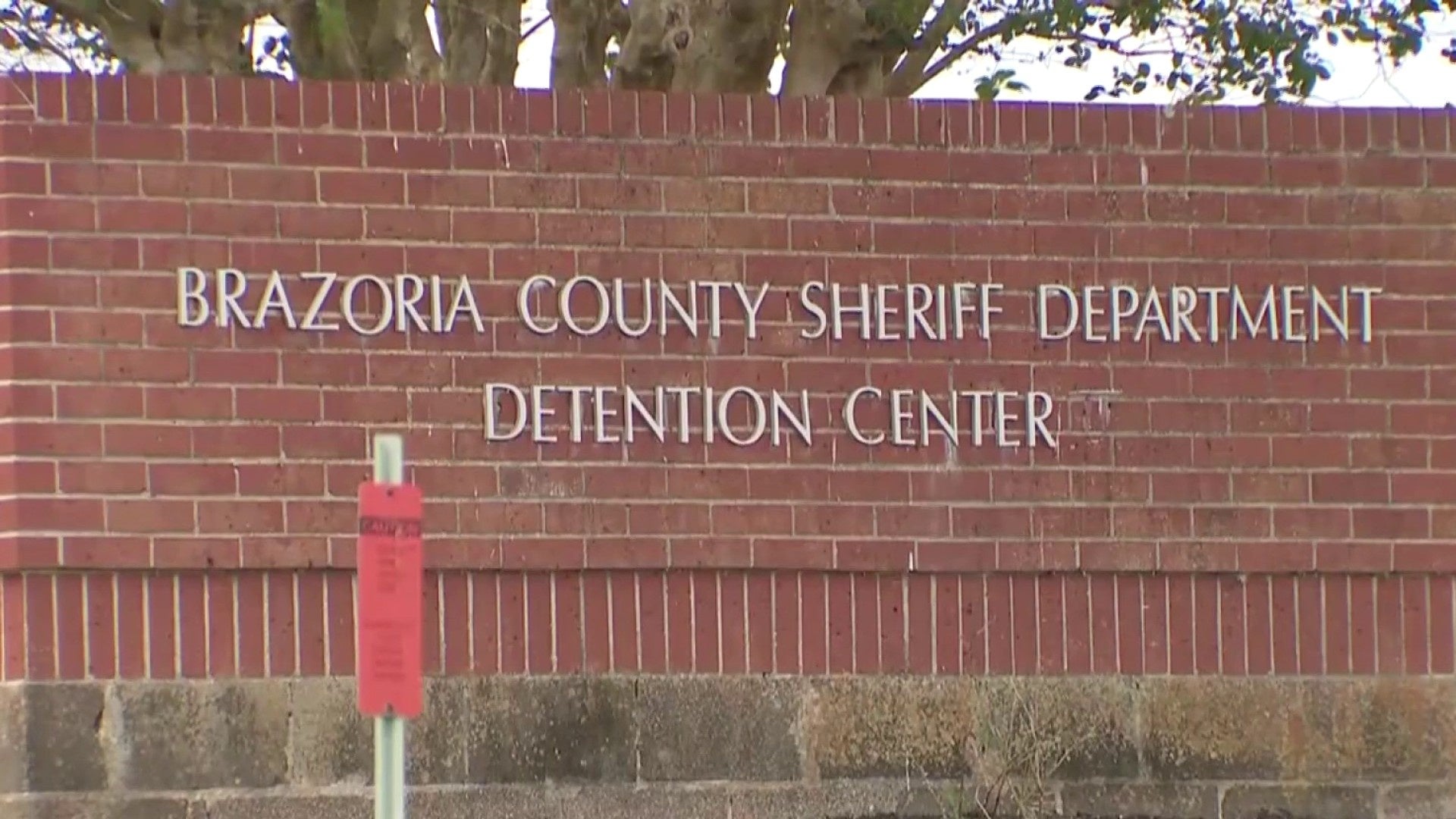Houston could generate $200M a year by aligning fees with other Texas cities, report finds
A new report from Houston’s City Controller reveals how the city’s finances differ from other major Texas cities, highlighting gaps in revenue and potential funding options such as garbage and environmental fees that could generate over $200 million annually without raising taxes.

A new report from the Houston City Controller highlights how the city’s finances differ from other major Texas cities and points to potential ways to boost funding for city services.
The report, released Tuesday, comes after the Controller’s Office flagged last month that Houston is financially vulnerable to natural disasters. Current city policies call for only about half the recommended savings levels, leaving Houston with limited financial flexibility as it faces frequent storms, flooding, and rising costs.
The report notes that Houston “does not charge households for solid waste or environmental services,” unlike peer cities. Officials say introducing a garbage fee comparable to other Texas cities could generate about $164 million annually, while a clean community or environmental fee could bring in another $15 million.
Houston also stands out for not transferring municipal utility revenues to the General Fund, a practice other cities use to support city programs. “Peer cities capture $25 million to $500 million annually from utility transfers,” the report states.
Despite these gaps, Houston maintains the lowest property tax rate among major Texas cities. The report suggests that “charging fees in line with other Texas cities would create or free at least $200 million in annual General Fund revenue” without raising taxes.
Some fees, such as transportation or road-use fees, could provide additional funds for infrastructure but would not boost the General Fund.
City leaders could use any new revenue to strengthen emergency reserves, improve disaster preparedness, and expand resources for public services, the report adds.
Implementing certain changes, especially those affecting revenue caps, may require voter approval. Austin, for example, is the only major Texas city to exceed its revenue cap through a vote.






